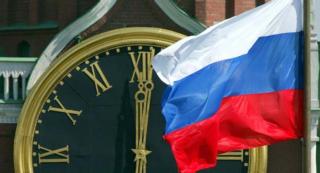
Twenty years after the end of the Soviet Union, Russia lacks a responsible and accountable government and is missing a shared sense of nationhood.
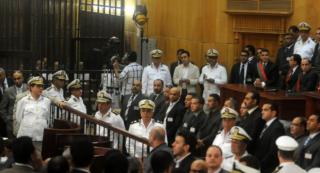
The trial of deposed President Hosni Mubarak by Egypt’s regular judiciary underscores the challenges facing the courts. Amid the spectacle of the proceedings, there are several laudable aspects.
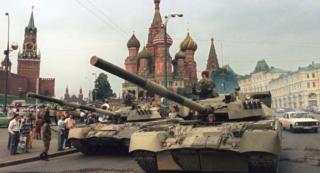
Russian liberals, like many of their counterparts across Russian society, need to set aside their patronizing attitude toward Ukraine and their longing for the historical might of the Soviet Union.
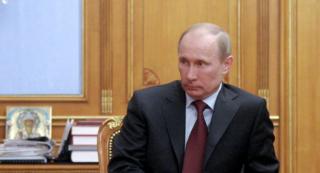
There are three signals that suggest authorities are preparing for a massive falsification of the Duma elections in December.
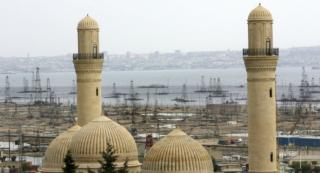
The authorities in Baku seem intent on building a new Dubai on the Caspian, but there is a dark side to the boom in Azerbaijan’s capital.
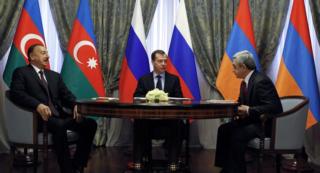
The Nagorny Karabakh peace process is entering an unusually difficult phase following the disappointing meeting in Kazan between Armenian President Serzh Sarkisian and his Azerbaijani counterpart, Ilham Aliyev.
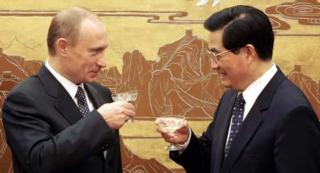
China and Russia share significant common ground on a number of issues, but a number of concerns still shape Sino-Russian bilateral relations.
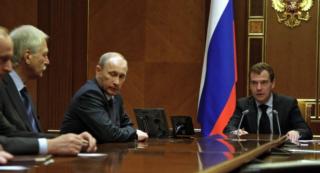
The regional primaries for the State Duma elections in December demonstrate a growing intra-party democracy and political competition that will likely aid United Russia in holding onto its Duma majority, although it will not solve the problem of United Russia’s declining legitimacy.
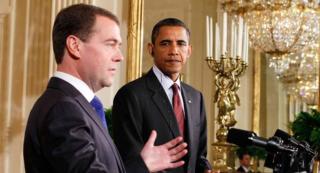
The U.S.-Russian bilateral relationship is still vulnerable, and the United States and Russia should take steps now to build a foundation for cooperation that is so broad and deep it cannot easily be upset.
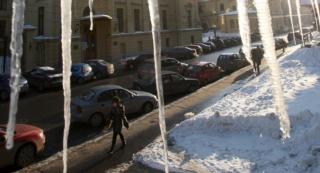
In order for the Kremlin to move Valentina Matviyenko, the relatively unpopular governor of St. Petersburg, to a position as speaker of the Federation Council, it must first help her get elected as a municipal deputy.
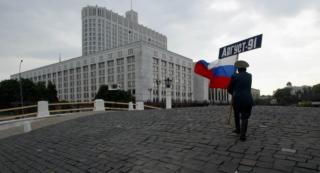
Although a number of secret Soviet archives have been opened to researchers and the media, the revelation of their content has had a limited impact on popular understandings of Russian history.
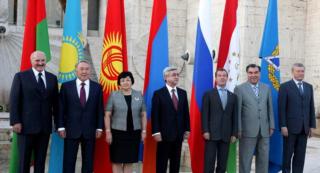
The 20 years that have passed since the Soviet Union’s collapse have shown that the former Soviet republics are capable of developing and strengthening their independence and economy, as well as integrating into global and regional processes, even as Russia continues its transition from an empire to a great power.
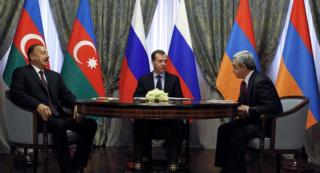
The personal involvement of Russian President Dmitry Medvedev in attempting to broker peace in the conflict over Nagorno-Karabakh may help usher in a fundamentally new phase in a conflict that has been stalled for the past two decades.
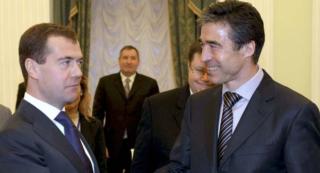
Russia, the United States, and NATO should recognize the diverse long-term benefits of dialogue over cooperative missile defense.
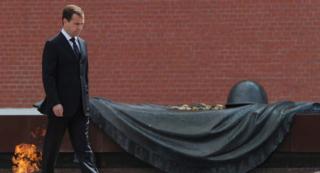
On June 22, 1941, Germany attacked the Soviet Union, beginning what Russians call the Great Patriotic War. 70 years later, the history of the war still remains incomplete.
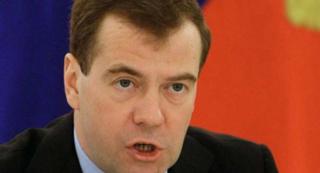
While the proposals put forward by President Dmitry Medvedev in a recent speech were new and original, the speech also reinforced his image as a president who makes bold statements but takes little action.
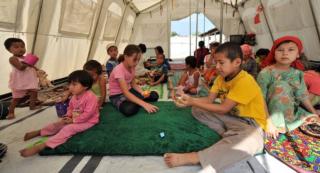
Russia and the Central Asian republics all have their own national interests. Moscow’s cooperation with Central Asia must be equitable and based on the Russia's national interests.
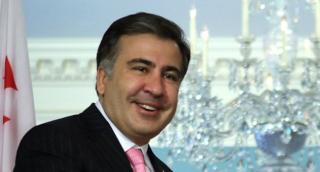
Georgia's main party has won two elections and dominates the political landscape, but with high unemployment and growing food inflation, it risks becoming a victim of its own success.
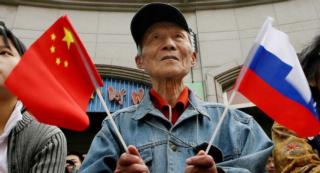
With the bureaucratic infrastructure for solid bilateral relations between China and Russia already in place, the next step is increased dialogue between the countries’ intellectuals, who can examine the relationship from a broader perspective.
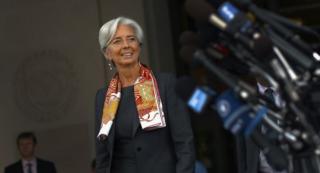
Although Brazil, Russia, India, China, and South Africa enjoy significantly more power individually nowadays, as a group they still haven't mastered the methods for transforming their newfound economic prowess into global power.